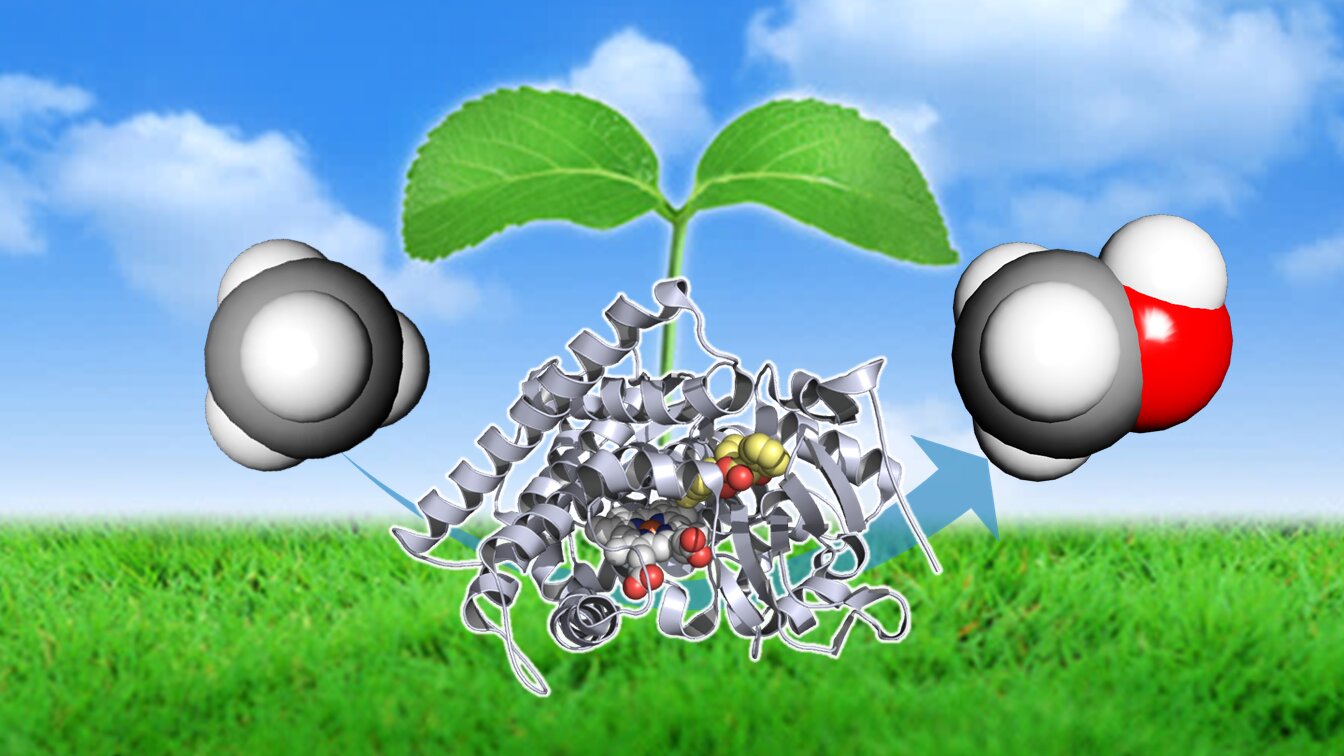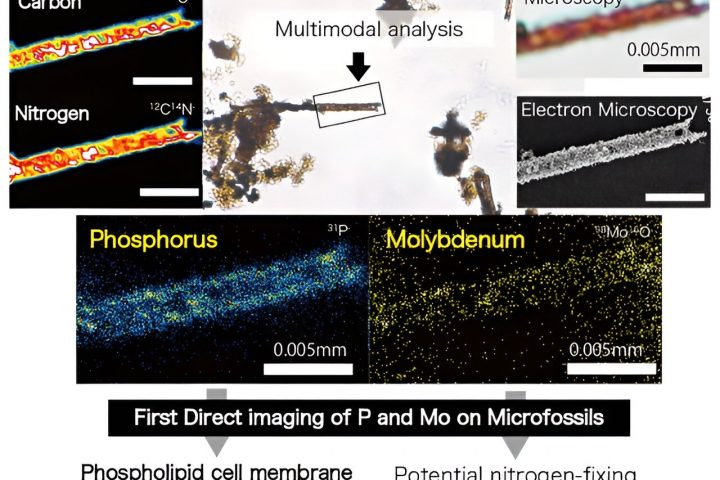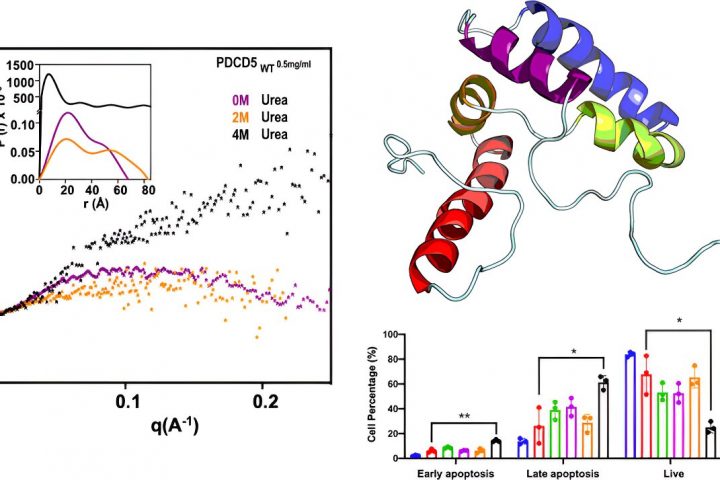A groundbreaking discovery has been made by a team led by Professor Osami Shoji at Nagoya University in Japan. They have developed a technology that can convert methane, the main component of natural gas, into methanol at room temperature in water. This breakthrough could potentially provide a cheap and effective way to reduce the carbon footprint of natural gas.
Methane, although abundant, is chemically stable and requires a significant amount of energy to undergo chemical conversion. However, converting methane to methanol offers a cleaner alternative to other fossil fuels and allows for easy storage and transportation. The challenge lies in finding a suitable enzyme for this conversion process.
The team turned to their previous work on enzyme modification and developed a substrate misrecognition system. By designing and synthesizing artificial molecules called decoy molecules, they were able to trick the enzyme into accepting methane as the target compound. This activated the enzyme, which then converted methane into methanol.
The researchers used a specific enzyme called P450BM3, derived from the bacterium Priestia megaterium. This enzyme is easy to handle and can be mass-produced using E. coli. By optimizing the structure of the decoy molecules, they successfully converted methane to methanol in water at room temperature.
This breakthrough has significant implications for the utilization of methane gas and other hydrocarbons. The technology could potentially be developed into a low-energy and environmentally friendly conversion method for various substances. It is expected to contribute to the discovery of low environmental impact substance conversion technologies in Japan and have a significant impact on catalytic and enzymatic chemistry.
Japan, with its vast reserves of methane hydrate buried in the surrounding seas, could serve as an ideal test site for this technology. Professor Shoji is optimistic about the potential for using this untapped resource and believes that their research can help solve the problem of limited natural resources in Japan.
In conclusion, the team’s discovery offers a promising solution to reduce the carbon footprint of natural gas by converting methane into methanol. With further development, this technology could revolutionize the field of substance conversion and contribute to a more sustainable future.








